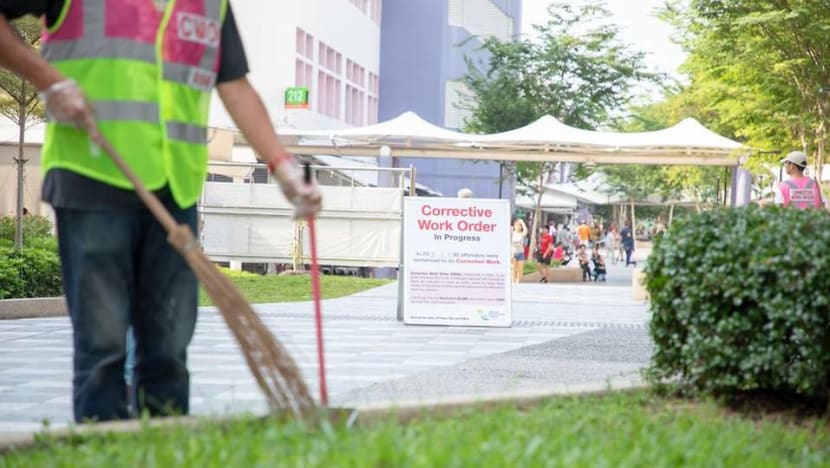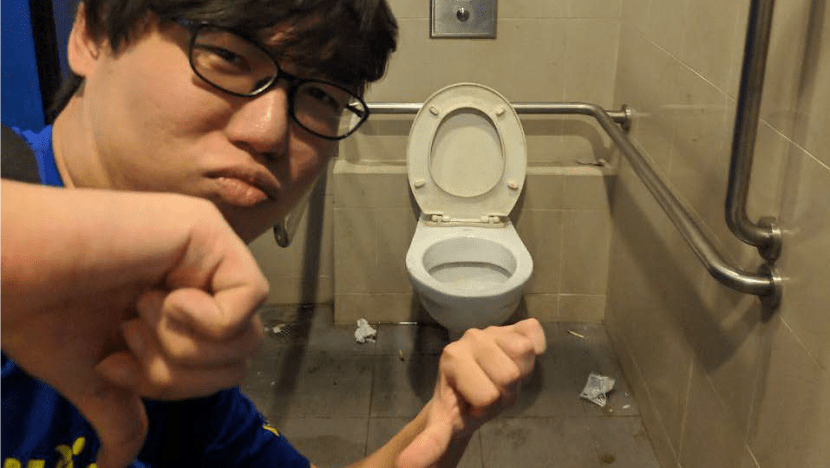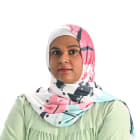Will Corrective Work Orders be more effective if done as a family?
While Corrective Work Order (CWO) is a punishment, it may not act as a deterrent, one expert told CNA podcast Heart of The Matter.


This audio is generated by an AI tool.
SINGAPORE: Corrective Work Order (CWO), which repeat littering offenders are made to do, may not be all that effective, some experts said.
These offenders are required to clean public areas for at least three hours while donning bright vests. Offenders face a fine of up to S$2,000 for their first conviction.
About 1,600 CWOs were issued between 2021 and 2023. Despite efforts over the years, feedback on littering rose 15 per cent from 2022 to 2023, compared with the two years before the pandemic.
While CWO is a punishment, it may not act as a deterrent, Dr Serene Koh, director of The Behavioural Insights Team, told CNA podcast Heart of The Matter.
“It might punish them for the offence that they have committed. But to what extent do we actually think that it prevents them from doing it one more time after?” she asked.
She added that research shows that the certainty of being caught is a greater deterrent than the severity of the penalty.
“You can fine people as high as you want. But if they can get away with it, or they know of people who have gotten away with it, then the fine isn't going to be as huge of a deterrent,” she said.
IS CWO MISSING THE POINT?
The element of shame is inherent in the CWO with its conspicuous vests and high visibility in locations with high footfall, but Dr Koh said there is little reason for the offender to feel shame.
“For something to be shameful, people need to recognise you, and you need to be identifiable. But if people are doing a one-off CWO on Orchard Road, nobody sees them. They're wearing a cap and a mask, then how is it shameful?” she asked.
Chairman of the Public Hygiene Council Andrew Khng suggested the idea of offenders serving their CWO with their families.
“The whole family (should) do it. Then, the pain is not necessarily (for) the one person, but is the whole family going together, even with your maid,” he said.
In the case of those with children, the impact will be greater, he said.
Authorities will increase the number of closed-circuit television deployments by four times, from the current 250 yearly to 1,000, to step up surveillance against littering.
The National Environment Agency also plans to conduct more larger scale and higher visibility blitzes at "cleanliness hotspots", from 21 last year to more than 100 this year.

TOILET CLEANLINESS
Singapore is also trying to brush up on another area of public hygiene - toilets. It is setting up a task force to deal with dirty toilets.
The Public Toilets Taskforce will review ways to improve the cleanliness of public toilets, particularly those at coffee shops and hawker centres.
The task force will develop measures to improve hygiene standards for all public toilets, including through infrastructure, cleaning and public education.
The initiative may be a long time coming. The latest survey on toilets found that dirty public toilets remain a bugbear despite years of campaigns.
The Waterloo study, whose results were released last November, followed previous surveys done in 2016 and 2020. The study showed that coffee shop toilets were seen to be as dirty as they were three years ago.
Ms Rosie Ching, principal lecturer of Statistics at the Singapore Management University, who was behind the study, and joined the show, said: “They are cramped, wet, poorly lit. The toilet seats are stained with … things that should have been flushed away long ago. Not a pretty picture at all.”
“How do we go about tackling this problem? We know that they're hardly clean because when you see the cleaning schedules, they're either not present or not updated,” she added.
She said that the problem with coffee shop toilets is partly an infrastructure issue.
She noted that many of these toilets were built decades ago, and can be narrow and cramped, which leaves little room for robot cleaners.
She proposed that toilets, especially those in coffeeshops, should come with hygiene ratings like food stalls.
Dr Koh added that when people go into a clean place, they want to keep it clean, but they do not feel the same impetus when they enter a dirty place.
She said that it is troubling that for Singapore to be as clean as it is, it requires an “army of cleaners”, referring to the about 60,000 cleaners helping the country.
“If we had one day where the cleaners did nothing, what would that version of Singapore look like?” she asked.
“And that might actually be a wake up call for us to say, it actually took us hundreds and thousands of cleaners who have done this and we take them for granted.”
















